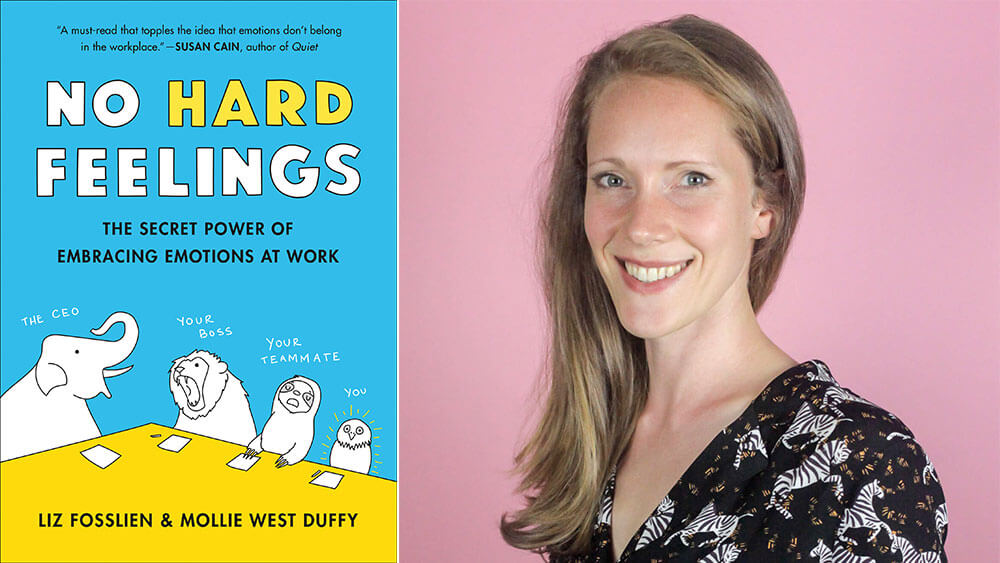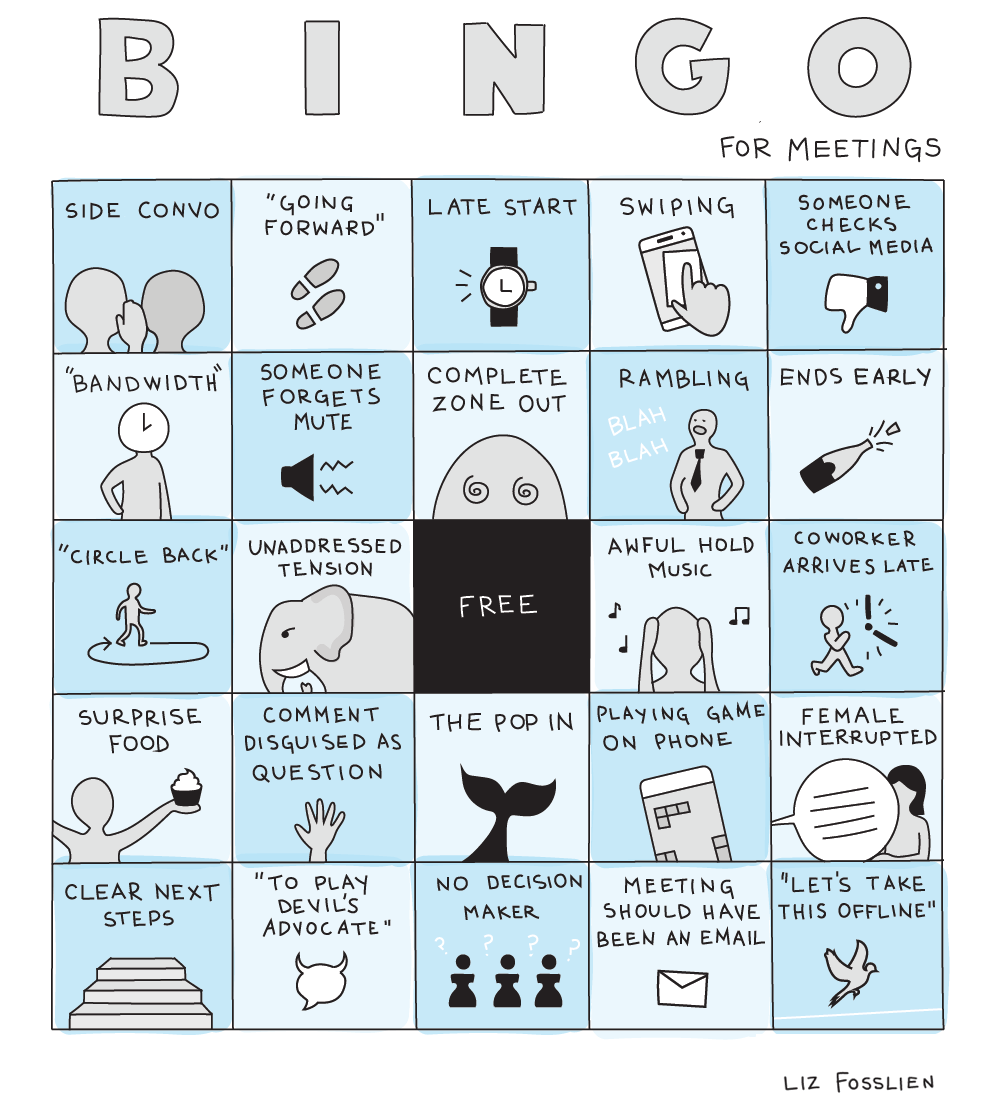
“Just do the work of acknowledging your emotions, of understanding the need behind your emotions by yourself,” says Liz Fosslien, co-author of No Hard Feelings: The Secret Power of Embracing Emotions at Work.
Do you work at an organization where you can be open about your feelings? What has surprised Liz Fosslien about the reaction to No Hard Feelings: The Secret Power of Embracing Emotions at Work, which she co-authored with Mollie West Duffy and published earlier this year, is how few people do.
“One thing that’s been interesting is we actually have a lot of people that come up and say, ‘I read the book, I fully buy into this idea that we should be more open to emotions and to talk about them,’” Fosslien, a marketing and design consultant, told Convene. “That said,” she continued, they add: “But I just don’t think I work in an organization where this is acceptable. I work in a bank or I work in a law firm, so, I can’t just come in and even if I’m the manager, just be like, “Let’s talk about our feelings.” I think it would really undermine my leadership position.’”
Which, she said, raises “a fascinating conversation around a different emotional norms in organization.” Her advice? “Just do the work of acknowledging your emotions, of understanding the need behind your emotions by yourself,” Fosslien said. “Then, you can go back to your team and talk about the need. It’s a really nice way of still addressing your emotions, but you’re doing it in a way that’s a little more palatable for people around you.”
If you work at a place where everyone is on really good terms and you’re feeling extremely anxious, Fosslien said, it’s easy to say, “I’m feeling really anxious,” and you can talk through that with your colleagues. “But, if you work in a more formal organization, you just sit with that anxiety,” she said. She advises people to think through what is causing the anxiety. It might be that you’re worried that your team is behind and they’re not going to hit that important deadline, she said. What you can do is go back to your team and say, “’You know, I’m concerned about the deadline. What actions can we take to make sure that we hit it?’ You’re resolving your anxiety, but you’re not making it about the anxiety.”
She also pointed out that demonstrating “compassion and caring about people beyond their roles and responsibilities is associated with everything good in any kind of organization.” People stay at the organization longer and team members perform better, she said. “I think, even if you’re in an office where you think that emotional expression is not going to be valued, finding moments when you can just express compassion,” Fosslien said, is important. If you’re a manager, that could be as simple as taking five minutes out of your day to ask, “‘Did you feel supported last week, and going forward, what can I do to support you?’” Having a conversation about: ‘What are your long-term goals? Where do you see yourself in five years? How can I help you achieve those goals?’ This is about business and about the job, but, you’re signaling underneath that you have a willingness to invest in this person and that you care about them.
“As much as you can express positive emotions, and express support in a way that fits in with your organization, it’s still going to do a lot and actually might pave the way to have these deeper conversations that got you to a more personal place.”
Michelle Russell is Convene editor in chief.
More from Liz Fosslien

Co-author Liz Fosslien’s whimsical illustrations appear throughout the book, No Hard Feelings, and help to universalize the workplace experience.
